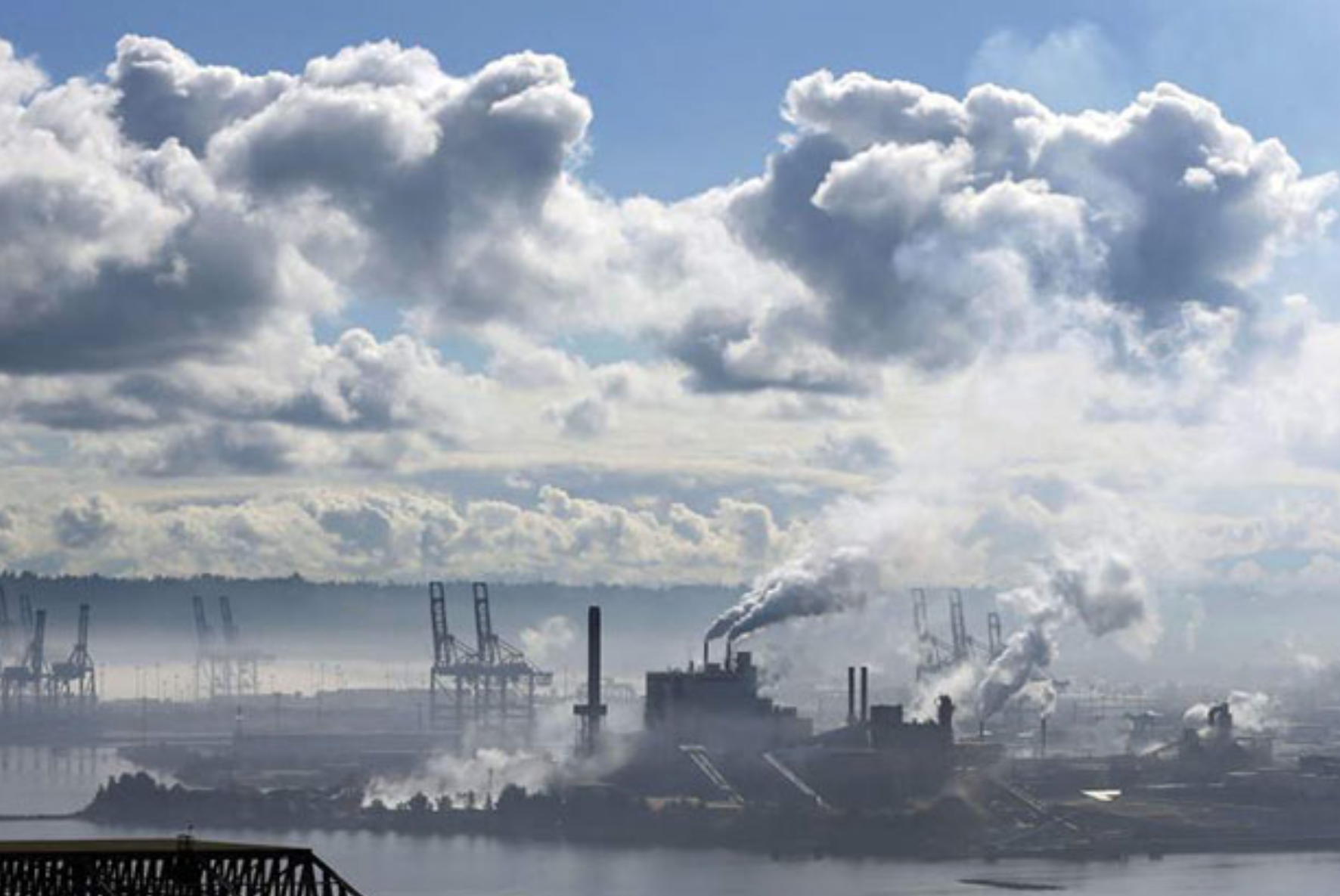A recent report by the World Meteorological Organization (WMO) highlights that greenhouse gases (GHGs) have reached record levels: 50% more during the period 1990 – 2021. In addition to showing the extreme levels of carbon dioxide in the atmosphere, the report highlights the dangerous increase in methane emissions: although it remains less in the atmosphere, its effect on climate change is much more pronounced. More worrying is the trend it projects, the coming years are going to burn.
According to the latest report of the International Energy Agency (IEA), Russia’s invasion of Ukraine triggered a race for new oil projects. The increase in the price of fossil fuels is providing oil companies with extraordinary profits, to a level that Antonio Guterres, Secretary General of the United Nations, keeps denouncing while calling for extraordinary taxes.
The higher cost of energy, however, could accelerate the energy transition, as IEA Executive Director Fatih Birol argues. This assertion is supported by facts, such as the changes brought about by the emergence of new green packages such as the inflation reduction law introduced by J. Biden’s government in the United States, the battery of measures launched by the European Union or the new packages launched by Japan, South Korea, China, and India. In short, even though some are celebrating increased production and others are going out to look for gas in every corner of the planet, both producers and buyers know that the peak of fossil fuels is just around the corner.
Promises aside, the truth is that, if the current level of production and consumption continues, the projections will continue to be catastrophic, as shown in the latest United Nations Environment Program – UNEP’s report, Emissions Gap Report 2022: The Closing Window – Climate crisis calls for rapid transformation of societies. Considering the commitments made by countries in Paris 2015 – the so-called nationally determined contributions (NDCs) – we are heading towards a level of emissions that generates a 2.5Cº increase in the planet’s average temperature.
The effects that the 1.2Cº increase has generated in 2022 are evident: one-third of Pakistan’s territory is underwater, the polar ice caps are melting and Greenland is losing its permafrost, as the permanently frozen layer of soil is known. All this means rising ocean levels affecting coastal cities around the world. The insurance industry knows this and has stopped insuring many homes in coastal areas of the U.S.
As the latest reports of the international panel of experts on climate change (IPCC, 2022) show, the main obstacle is political. What is needed are new regulations and taxes, as well as a redesign of the financial system. And this is not only the responsibility of the developed countries: in the region, the oil industry receives substantial funds while benefiting from large subsidies. The transition cannot be left to the market; it is up to local governments to set the goals and channel the funds.
These reports will undoubtedly have repercussions in Sharm El Sheikh, Egypt, where the 27th Conference of the Parties (COP) will take place. Several delegations from the region will highlight the role that Latin America can play in the energy market as a supplier of natural gas. The enthusiasm not only reflects prices but also the EU’s declaration to consider gas as sustainable. Urgency not only covers up what is important, but it also justifies inconsistencies.
The wrong signals, unfortunately, can end up leading to wrong decisions. A series of reports by the Inter-American Development Bank (IDB) raises the high financial risks of embarking on these projects: stranded assets. A recent UNEP report, Is natural gas a good investment for Latin America and the Caribbean? highlights how wrong it would be to move in this direction.
Taking into account both economic and social aspects, the report highlights that the benefits are significantly lower than those that would be generated by moving forward with the transition. Moving forward with renewables could create three million jobs, in addition to generating technological advances toward more dynamic value chains. Considering the energy needs of the region, moving forward with renewables would imply millions of dollars in savings, as a result of the continuous decline in equipment prices.
But there are no cracks in public decisions in the short term when it comes to applauding extractivism. Certainly, prices send favorable signals, but investment decisions are governed by profitability. It is governments that should, with their policies, point out the dangers of investing in new wells and advancing with fracking. But with few exceptions, no one in the region is raising the debate.
All the aforementioned raises the need to transform our production scheme, our transportation system, and life itself. The reports mentioned are an indication of the seriousness of the problem. If we do not want the temperature to rise above 1.5Cº by 2030, GHG emissions should fall by 45%. We have the means, the alternatives are technically and economically feasible. But greed is more powerful than sympathy, a biased reading of Adam Smith’s work.
If we do not act, we are not only condemning future generations, but we will force millions of people to embark on a desperate search for new frontiers, and we will sentence thousands of people to be exposed to increasingly extreme events. And neglecting the dangers of pushing the Earth’s limits makes the economy meaningless. Presenting the latest report, UNEP’s executive director, Inger Andersen, argued that the window is closing on us, that there is no room for incremental change, and that time has run out. The present requires us to rethink our way of life, to rethink our outlook.
*Translated from Spanish by Janaína Ruviaro da Silva












